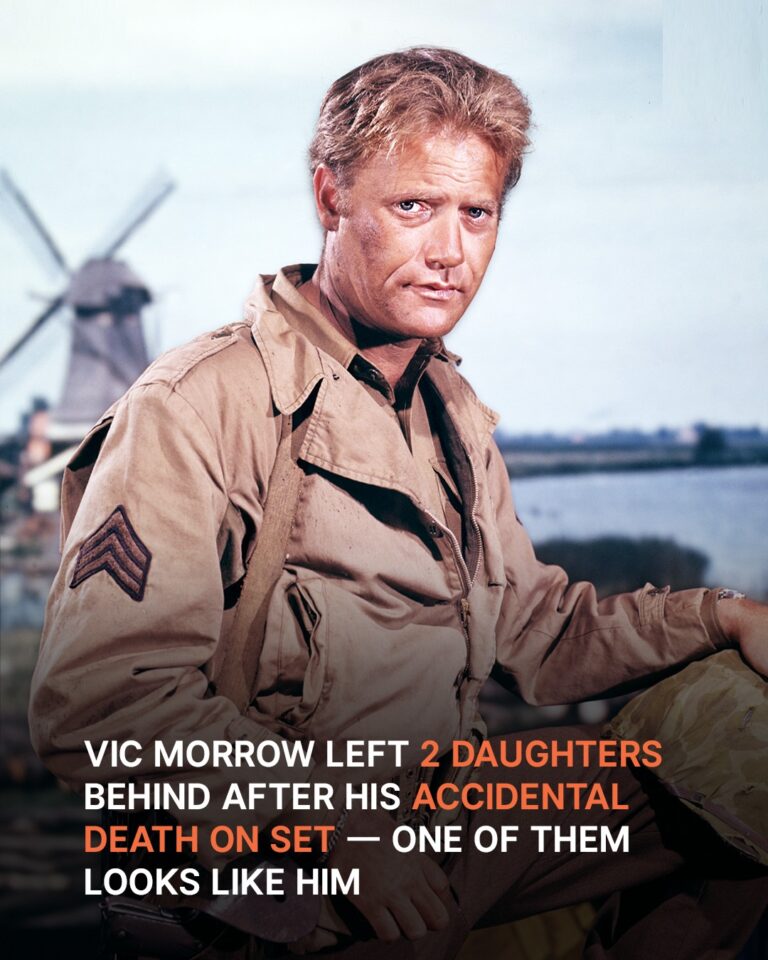In 1982, a tragic on-set accident claimed the life of actor Vic Morrow and raised serious questions about Hollywood’s safety standards. The aftermath of his death left his family, particularly his two daughters, in the public eye as they navigated the weight of his legacy and the controversies that followed.
Vic Morrow was a Hollywood actor whose career spanned three decades, earning recognition for his work in television and film. Known for his role in the 1960s series “Combat!,” he became a familiar face to audiences across the country.
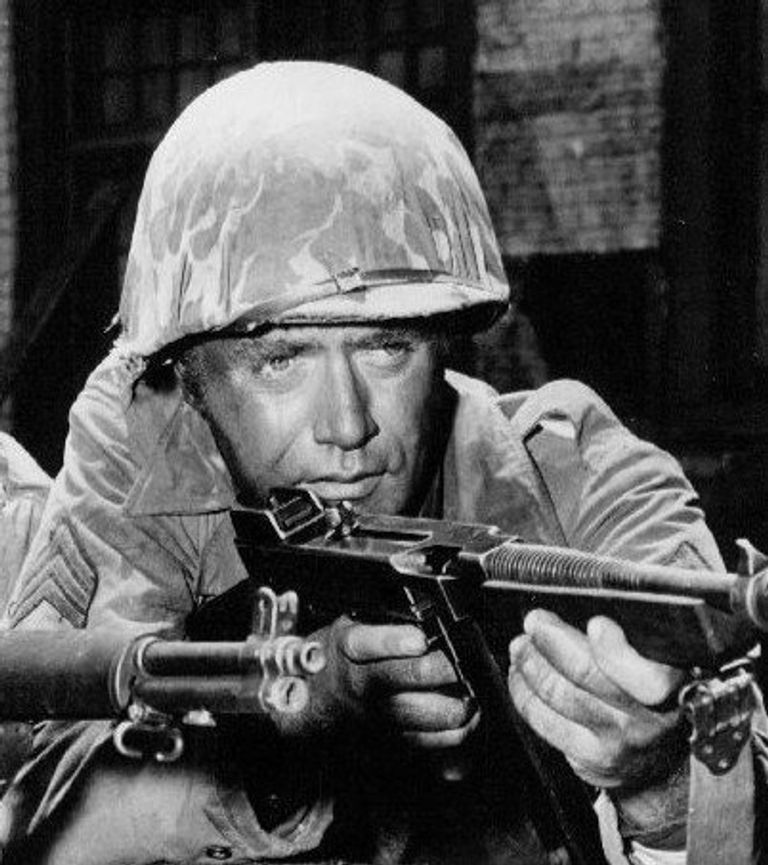
He was still active in his career when his life came to a devastating end when a helicopter accident claimed his life. The tragedy shocked the film industry and left his two daughters to deal with the personal loss and the public fallout that followed.
Vic’s Hollywood career spanned nearly three decades, beginning with his breakthrough role in the 1955 film “Blackboard Jungle.” Cast as a rebellious street punk, he quickly gained attention for his intensity on screen. However, the role led to typecasting, prompting him to leave MGM and enroll at USC to study directing.
His efforts paid off when he landed the role of Sergeant Saunders in the 1960s TV series “Combat!” The show, which aired from 1962 to 1967, brought him widespread acclaim and cemented his status as a respected actor.
On July 23, 1982, Vic was filming a Vietnam War sequence for “Twilight Zone: The Movie” in an isolated California desert park. The scene involved him carrying two child actors through a mock battlefield under a low-flying helicopter.
Explosions staged for the scene caused debris to strike the helicopter’s rotor, leading to a crash that killed the 53-year-old Vic and the two children instantly. The accident was catastrophic, drawing intense scrutiny and sparking a debate about safety standards on film sets.

The tragedy led to legal action against Warner Bros., the helicopter pilot, and others involved in the production. While the industry faced public backlash, the accident also prompted significant changes in how safety was managed during filming.
The on-set accident that claimed Vic’s life not only shocked Hollywood but also left his two daughters, Jennifer Jason Leigh and Carrie Ann Morrow, to grapple with the aftermath.
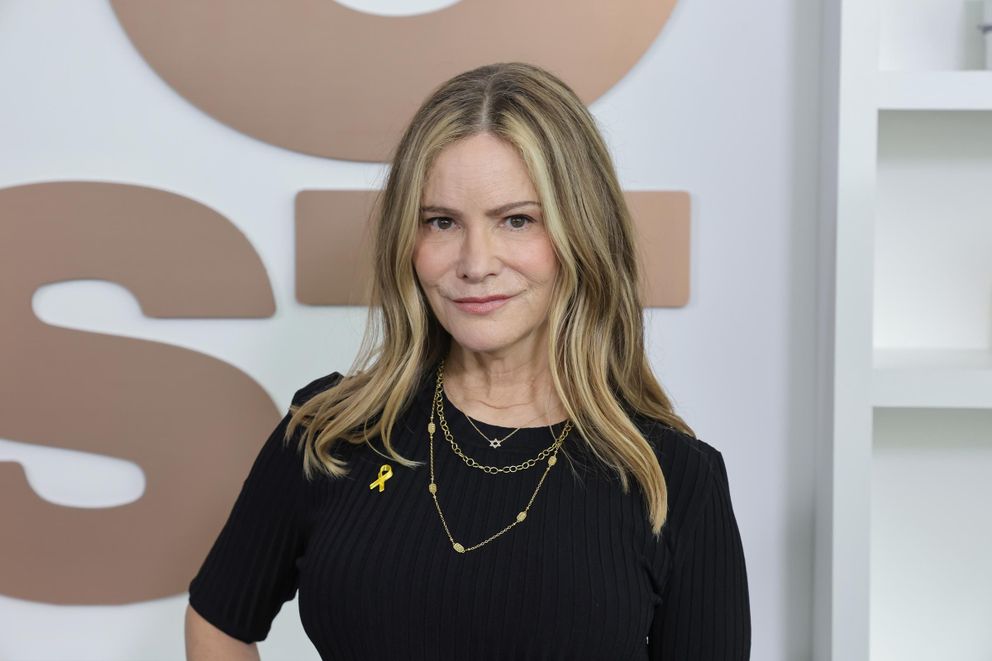
Born during Vic’s marriage to screenwriter Barbara Turner, the sisters were raised in a creative household but experienced their father’s presence—and later absence—very differently.
Jennifer, the youngest, was just beginning to establish herself as an actress at the time of her father’s death. Carrie, on the other hand, chose a path outside the spotlight but faced significant personal challenges.
After their father’s tragic death, they both sought accountability through a wrongful death lawsuit. The case targeted Warner Bros., director John Landis, helicopter pilot Dorcey Wingo, and other key figures involved in the production of “Twilight Zone: The Movie.”
The lawsuit alleged negligence and unsafe working conditions, pointing to failures that led to the on-set helicopter crash. In 1983, the lawsuit was resolved with an out-of-court settlement. Jennifer and Carrie received $850,000 from Warner Bros. and the other parties, though the studio made no admission of wrongdoing.
For Jennifer and Carrie, the lawsuit was a way to seek justice for their father. The battle cemented the sisters’ efforts to preserve their father’s legacy by demanding accountability for his untimely death.
The younger daughter, Jennifer, was only 20 when her father, Vic, passed away. At the time, she was building her career in Hollywood, having recently gained attention for her role in the coming-of-age film “Fast Times at Ridgemont High.”
Born Jennifer Leigh Morrow, she later adopted “Jason” from family friend Jason Robards, distancing herself from her family name to establish her identity in the industry. Jennifer had a complicated relationship with her father.
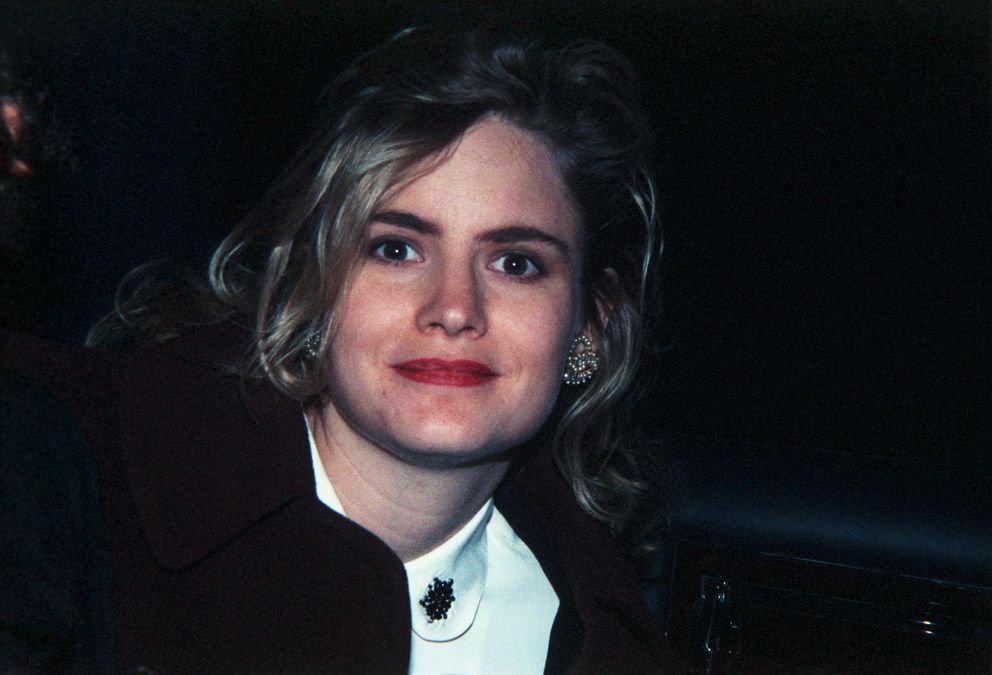
The two had not spoken for two years before his death, a distance she attributed to personal differences and family dynamics. In an interview, she expressed a mix of love, grief, and guilt about their estrangement.
Vic’s two wills reflected the estranged relationship, leaving Jennifer only $1 in one and $100 in the other. “I didn’t expect to be left a thing,” Jennifer remarked, adding that she was left with unresolved emotions after his passing.
In contrast, Jennifer shared a close bond with her mother, Barbara, a screenwriter whom she often credited for shaping her approach to her craft. “My mother always helped me because she was kind of a research fanatic,” Jennifer explained in an interview.
Barbara’s meticulous attention to detail in her work as a writer inspired Jennifer to approach acting with the same intensity. “She instilled in me a love of taking everything very seriously. It didn’t matter what it was,” Jennifer said.
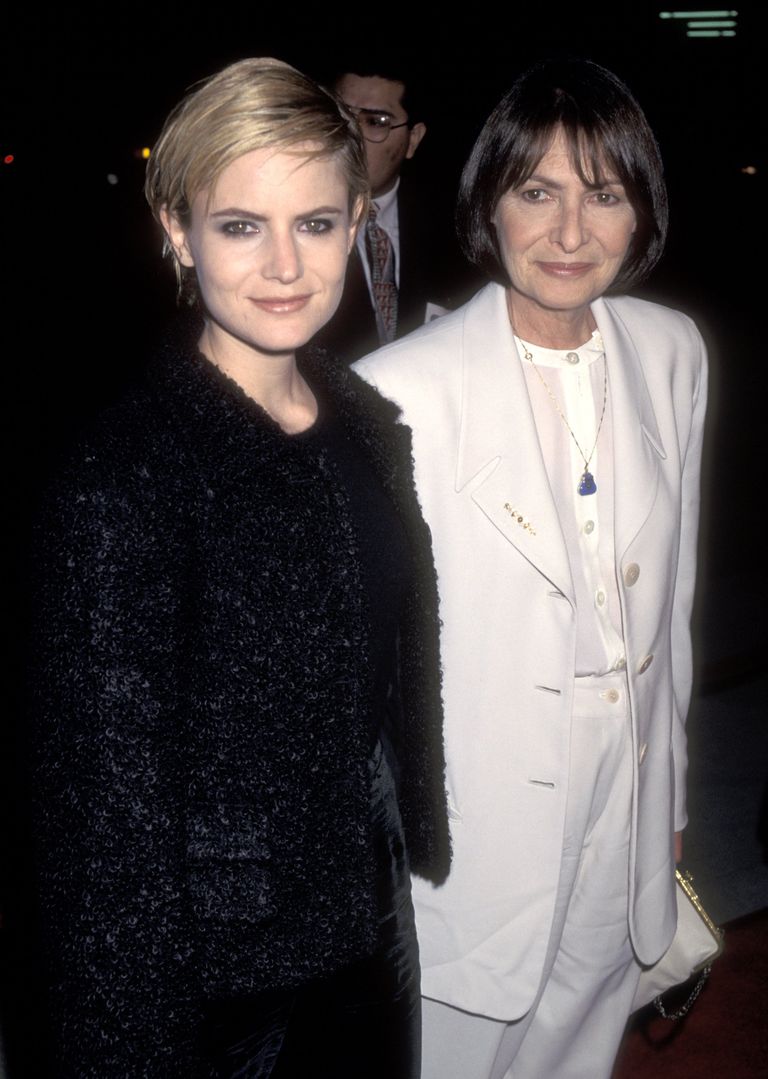
Jennifer’s career has been defined by her ability to inhabit complex, emotionally charged characters. From roles in “Single White Female” and “The Hateful Eight” to her more recent work in “Fargo,” she has earned acclaim for her versatility and depth.
In the 2023 season of “Fargo,” Jennifer played Lorraine Lyon, a cunning loan shark who calls herself “the Queen of Debt.” Fans reacted strongly to her performance, making comments such as, “I didn’t like her in the beginning, but she turned out to be pretty good” and “She’s so beautiful I love her!”
Through her roles and her dedication to her craft, Jennifer has ensured that her father’s creative legacy lives on. Some fans have noted her resemblance to Vic. One admirer commented, “I see so much of her father in her!”
Unlike her younger sister, Carrie chose to live a quieter life away from the spotlight. Jennifer often described Carrie as “Daddy’s girl.” Her connection to her father was notably closer than Jennifer’s, but like her younger sister, she was deeply affected by their parents’ divorce and her father’s absence in later years.
Carrie faced significant personal struggles, particularly with substance abuse. Her battles with addiction shaped much of her life and influenced her relationship with her family, including Jennifer.
Carrie’s life came to an end in 2016 at the age of 58. In later interviews, Jennifer reflected on her sister’s struggles, acknowledging the complexities of their relationship and the impact Carrie had on their family. Carrie Ann’s life, marked by its highs and lows, remains a significant chapter in the legacy Vic left behind.

